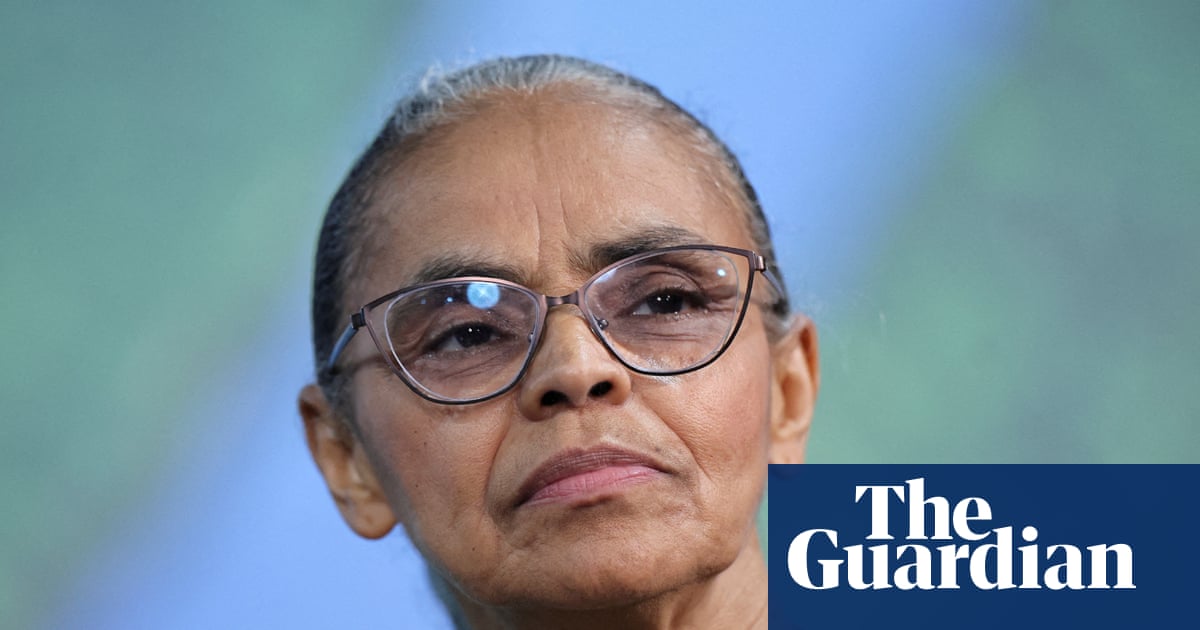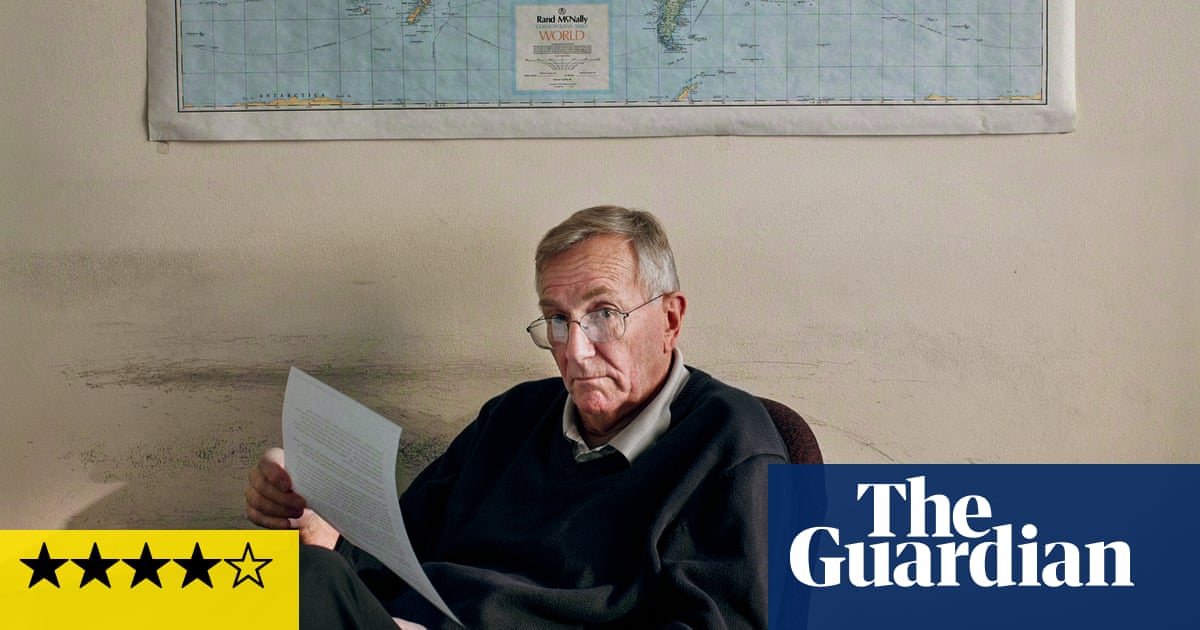The proposed expansion of the 2030 World Cup to 64 teams is facing opposition from within Conmebol, the South American confederation that would benefit from staging the extra matches.
The Guardian has learned that seven out of the 10 Conmebol members have expressed concerns about the expansion plan, which is being driven by the federations of Paraguay, Uruguay and Argentina.
Those three countries have been given one match each by Fifa at the centenary World Cup, which is now scheduled to feature 48 teams, in recognition of the tournament’s South American roots before the rest of the competition takes place in Spain, Portugal and Morocco. The first edition of the World Cup in 1930 was hosted in and won by Uruguay.
Fifa president Gianni Infantino met representatives from Paraguay, Uruguay and Argentina at Trump Tower in New York last month for the first formal discussions about a proposal that was first raised informally by the Uruguayan Football Association at a Fifa Council meeting last March.
The delegation in New York was led by Conmbol president, Paraguayan Alejandro Dominguez, and also featured the Paraguay and Uruguay heads of state, as well as the presidents of their federations and Argentina’s.
Multiple sources have told the Guardian however, that they have yet to gain the support of the other Conmebol members, who are concerned about the impact of World Cup expansion on their qualifying competition, the main source of revenue for many of the national associations.
South American World Cup qualifying is currently an 18-game round-robin single-table competition, with all 10 countries playing each other home and away. The top six qualify automatically, with the seventh team entering inter-confederation play-offs featuring six teams from all over the world.
Such is the strength in depth in South America that Brazil finished fifth in the competition that concluded last month, while regular World Cup attendees Chile finished bottom, reflecting a competitiveness that gives the qualifiers real value in terms of TV rights and sponsorship deals. Expanding the World Cup to 64 teams would result in eight or nine South American sides being given places, raising concerns about the future of the qualifying competition.
There is also understood to be a strong belief among the other Conmebol members that Paraguay, Uruguay and Argentina are pursuing expansion for their own ends and would be the sole beneficiaries. During last month’s meeting in New York they proposed staging the entire group stage of the 2030 World Cup, rather than awarding additional games to other countries in South America.
after newsletter promotion
Fifa’s position is that they will discuss World Cup expansion with all stakeholders and are duty bound to consider proposals from their members, but the idea has already triggered a significant backlash. Uefa president, Aleksander Čeferin, has described it as a “bad idea” that would reduce the quality of the tournament and Concacaf president, Victor Montagliani, has said “it just doesn’t feel right.”
The World Cup has grown significantly in recent decades, increasing from 16 to 24 teams in 1982, growing again to 32 in 1998 before becoming a 48-team competition next summer. A 64-team World Cup would feature 128 matches, double the number played at the most recent tournament in Qatar three years ago and 24 more than next year’s World Cup in the United States, Mexico and Canada, which will be the first time it has been staged across three countries.
Any decision to expand the World Cup would be taken by Fifa’s Council, but it was not discussed at their most recent meeting in Zurich on 2 October.

.png) 1 month ago
54
1 month ago
54

















































